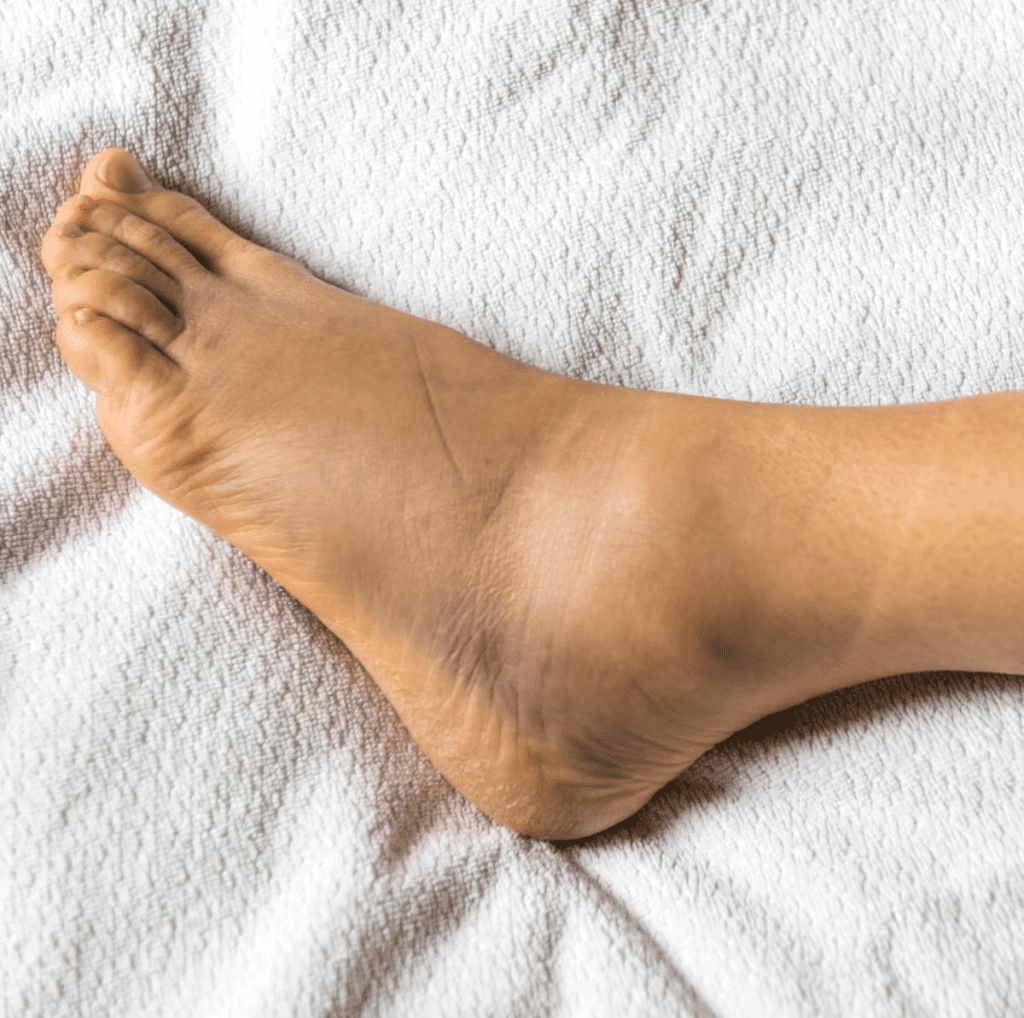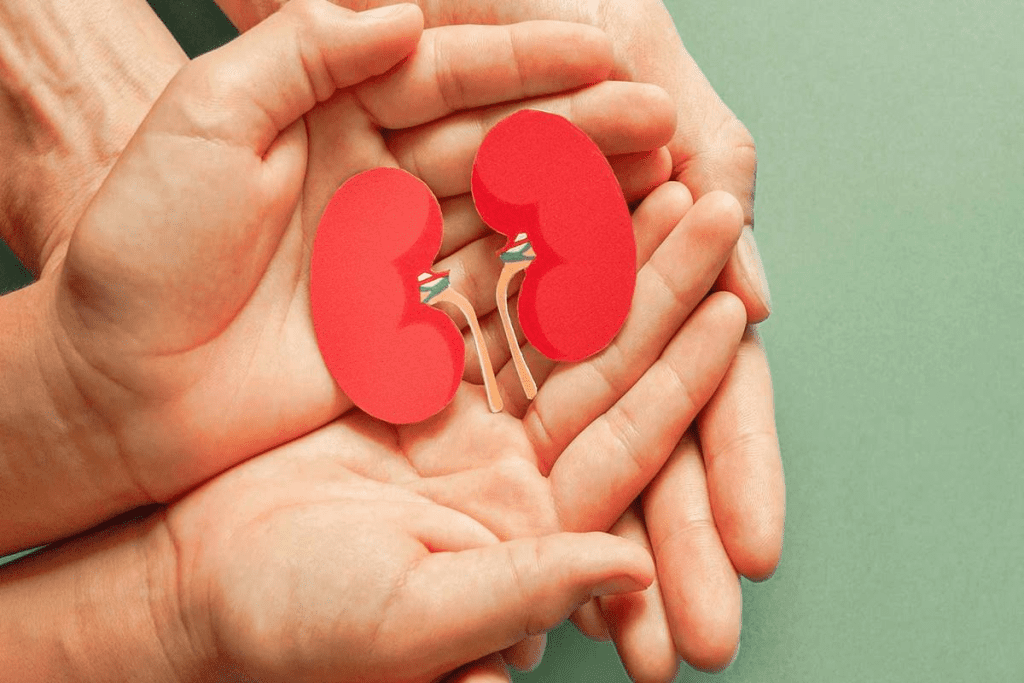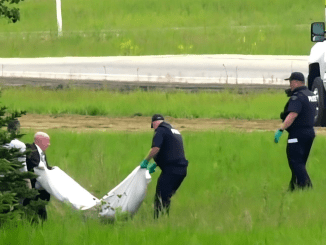Your kidneys are like your body’s filtration system, working tirelessly to eliminate waste, balance fluids, and regulate blood pressure. But when they’re not functioning properly, the signs can sometimes be subtle or easily ignored. If left unchecked, kidney failure can progress to the point where lifelong dialysis becomes necessary. Don’t let it get to that stage—here are eight key warning signs of kidney failure you should take seriously.

1. Discolored or Unusual Urine
Your urine is one of the first indicators of kidney health. After all, your kidneys are responsible for producing it and filtering out waste. If you notice changes in the color, frequency, or smell of your urine, it’s time to pay attention.
- Frequent urination: Constantly running to the bathroom, especially at night, could signal kidney trouble.
- Blood in the urine: This is a red flag that requires immediate medical attention.
- Foamy urine: Excessive bubbles in your urine may indicate high protein levels, which can be a sign of kidney damage.
- Discoloration: Green, red, or dark yellow urine can point to underlying kidney issues.
Ignoring these symptoms might allow kidney disease to worsen, so don’t brush them off.
2. Difficulty Sleeping or Sleep Apnea
Ever find yourself tossing and turning all night, unable to get quality rest? People with kidney problems often report insomnia or disturbed sleep patterns. Kidney failure can cause waste to build up in your blood, making it harder for your body to relax.
Sleep apnea—where you stop breathing for a few seconds while sleeping—is another alarming symptom often linked to kidney failure. If you notice loud snoring or feel excessively tired despite sleeping, it’s worth investigating.
3. High Blood Pressure
There’s a strong connection between your kidneys and blood pressure. When the kidneys struggle to filter waste, they can’t regulate blood pressure properly. High blood pressure, in turn, can damage the tiny blood vessels in your kidneys, creating a vicious cycle.
If your blood pressure remains stubbornly high despite medication, it might be your kidneys crying for help. Regular check-ups are crucial to ensure this doesn’t go unnoticed.
4. Persistent Back Pain
Aches and pains are easy to dismiss, but if you’re experiencing sharp or persistent pain near your lower ribs or in your groin area, it could indicate kidney problems.
When paired with symptoms like fatigue, vomiting, or frequent urination, back pain could be more than just a pulled muscle—it might be a sign of kidney failure. Seek medical advice sooner rather than later to rule out any serious issues.
5. Swollen Ankles, Hands, or Feet

Swelling, also known as edema, is a telltale sign of kidney failure. When your kidneys can’t properly eliminate excess sodium, it leads to fluid retention. This can cause noticeable puffiness around your ankles, hands, or feet.
While occasional swelling can be caused by other factors like long periods of standing, persistent or worsening swelling should raise red flags about your kidney health.
6. Shortness of Breath
If you feel short of breath even during mild activities, it might not just be about your fitness level. Kidney failure can cause fluid to build up in your lungs, making it harder to breathe.
Additionally, low oxygen levels in the blood—caused by anemia due to kidney damage—can make you feel like you’re always gasping for air. Don’t ignore this sign, especially if it’s accompanied by other symptoms on this list.
7. Persistent Bad Breath

Do you constantly deal with bad breath, no matter how often you brush your teeth? It could be more than just poor dental hygiene. Kidney failure leads to a buildup of toxins in the blood, which can result in a metallic taste in your mouth or persistent bad breath.
If this symptom appears alongside changes in urination or swelling, it’s time to get your kidneys checked.
8. Itchy or Dry Skin
Your skin is often a reflection of what’s happening inside your body. Healthy kidneys remove waste and balance nutrients, keeping your skin hydrated and smooth. But when the kidneys aren’t functioning, toxins build up in your blood, leading to itchy, dry, or flaky skin.
Peeling skin or relentless itching, especially when paired with other symptoms like swelling or bad breath, could be an indicator of severe kidney problems.
Why Ignoring These Symptoms Is Dangerous
Kidney failure doesn’t happen overnight—it’s often the result of years of damage. Ignoring these signs allows the condition to worsen, potentially leading to end-stage renal disease (ESRD). At this stage, dialysis or a kidney transplant becomes the only treatment option.
But here’s the good news: spotting the symptoms early gives you a chance to manage or even reverse kidney damage. That’s why it’s so important to take action the moment you notice any of these signs.
How to Protect Your Kidney Health

Preventing kidney failure starts with taking care of your overall health. Here are a few tips to keep your kidneys in top shape:
- Stay hydrated: Drinking plenty of water helps your kidneys flush out toxins.
- Eat a balanced diet: Limit salt, processed foods, and excessive protein, which can strain your kidneys.
- Exercise regularly: Physical activity supports healthy blood pressure and weight management.
- Control blood pressure and diabetes: These are leading causes of kidney disease, so keep them in check.
- Avoid overusing painkillers: NSAIDs like ibuprofen can damage your kidneys if taken too often.
- Get regular check-ups: Routine blood and urine tests can catch kidney issues before they become serious.
Conclusion: Don’t Ignore Your Kidneys’ SOS Signals
Your kidneys work quietly in the background, keeping your body in balance. When they start sending warning signs like discolored urine, swelling, or shortness of breath, it’s crucial to listen. Ignoring these symptoms could lead to irreversible damage and the need for lifelong dialysis.
By recognizing these eight signs and taking proactive steps, you can protect your kidney health and avoid serious complications. So, don’t wait—your future self will thank you for taking action today.


